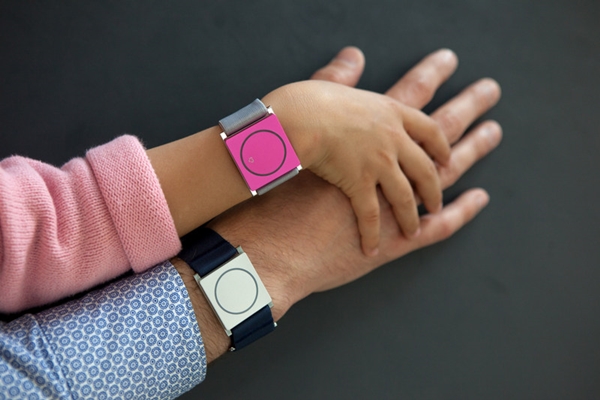6 February 2018. The U.S. Food and Drug Administration approved a device worn like a wristwatch that uses a machine-learning algorithm to detect convulsive seizures in people with epilepsy. The device, made by Empatica Inc. in Cambridge, Massachusetts is based on research at Massachusetts Institute of Technology by one of the company’s founders.
Epilepsy is a neurological disorder where nerve cell activity in the brain is disturbed, causing seizures with symptoms ranging from blank stares to tingling sensations to loss of consciousness. World Health Organization estimates some 50 million people worldwide have epilepsy, where in many cultures people with the condition face stigma and discrimination. Centers for Disease Control and Prevention estimates 3.4 million people in the U.S. have epilepsy, with children making up 470,000 of those individuals. While epilepsy can be treated in most cases, WHO says as many as 30 percent of episodes do not respond to treatment.
Empatica’s device approved by FDA, the Embrace Watch, embodies research by Rosalind Picard, director of MIT’s Affective Computing group that studies human psychology and computational technology, and a founder of the company. Picard’s research reveals connections between the experience of excitement, known as sympathetic activation, and subtle changes in electrical activity on the skin. A similar pattern of sympathetic activation occurs during seizures in people with epilepsy.
The Embrace measures this electro-dermal activity, and detects spikes in activity indicating a seizure. Because people experiencing convulsive seizures, known as tonic-clonic seizures, can cause confusion or lose consciousness during the episode, the watch is linked via Bluetooth to compatible Apple iOS and Android phones, with an app that alerts a caregiver. The core of the device is a machine-learning algorithm that according to the company is trained with data from epilepsy monitoring units in hospitals, and continues to be refined with data from newer device users. These specialized hospital units capture more complex data to recognize the onset of a seizure as early as possible.
Empatica cites studies showing the Embrace accurately detects tonic-clonic seizures in people with epilepsy, with low rates of false-positive alerts. An ongoing clinical trial in the U.S. and Italy is testing the Embrace in epilepsy monitoring units, with more than 100 participants. The results so far, says the company, show the device successfully detected all 40 tonic-clonic seizures that occurred, as verified by video-electroencephalogram, or EEG, images reviewed independently by experts.
The Embrace received its FDA clearance, known officially as 510(k) premarket notification, for the applicable section of the Federal Food, Drug, and Cosmetic Act, on 26 January. The device was earlier approved by European regulators in April 2017. The Embrace is also being tested as part of a clinical trial of a drug to treat Dravet syndrome, a rare genetic brain disorder experienced by infants, with seizures similar to those in epilepsy.
This device is not the only smartwatch-based epilepsy detector. As reported in Science & Enterprise in February 2017, researchers at Johns Hopkins University are developing and testing an app called Epiwatch that uses an Apple watch to monitor and record episodes in people with epilepsy.
More from Science & Enterprise:
- Infographic – Artificial Intelligence in Smartphones
- Little Data to Support Wearable Device Health Benefits
- Medical Tech, Phone App Companies Partner on Wound Care
- Infographic – America’s Smartphone Addiction
- Phone Sensors Shown to Monitor Chemotherapy Effects
* * *


 RSS - Posts
RSS - Posts
[…] FDA Approves Wearable Epilepsy Seizure Detector […]